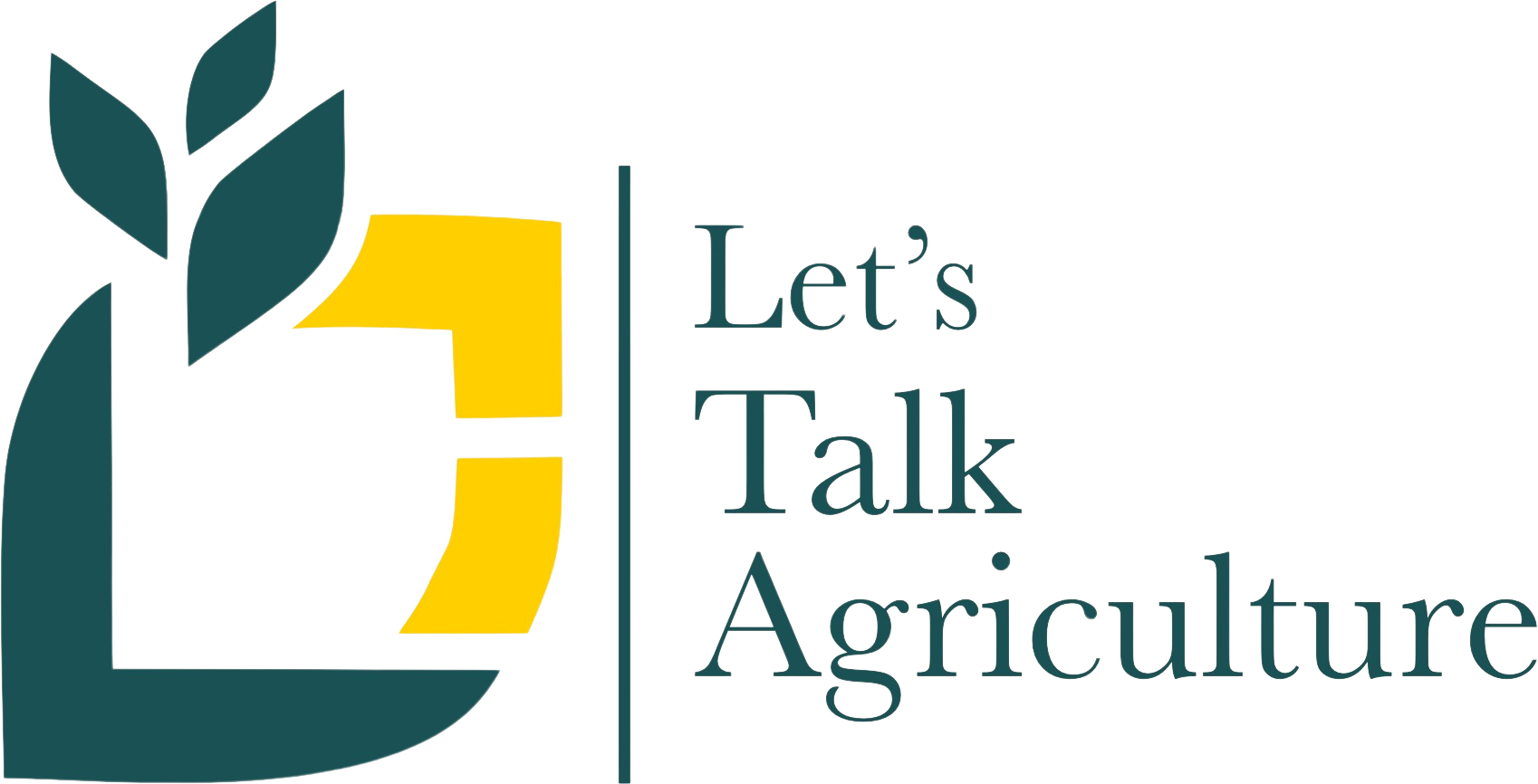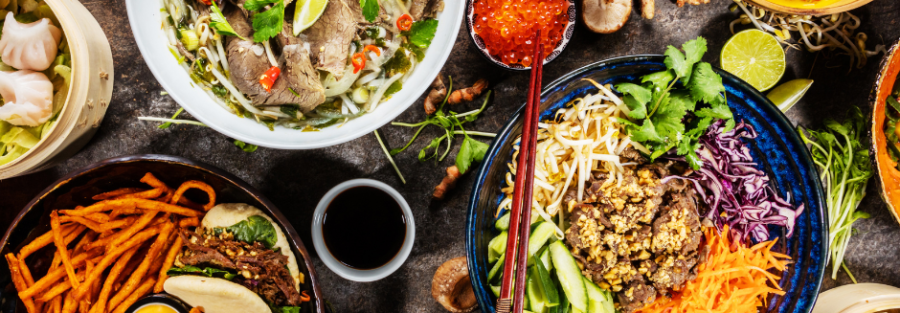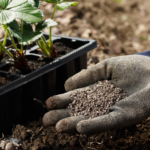 In the modern world, consumers are becoming increasingly conscious of what they eat, and they want to know more about the journey their food takes from farm to fork. This growing demand for transparency and traceability in the food supply chain has led to the exploration of innovative technologies, with blockchain emerging as a game-changer.
In the modern world, consumers are becoming increasingly conscious of what they eat, and they want to know more about the journey their food takes from farm to fork. This growing demand for transparency and traceability in the food supply chain has led to the exploration of innovative technologies, with blockchain emerging as a game-changer.
Before we dive into the world of blockchain, let’s first understand the challenges that plague food supply chains. Traditional supply chain systems are often complex, fragmented, and opaque. Information about the origins, handling, and transportation of food products can be obscured, making it difficult for consumers to make informed choices.
Moreover, in cases of foodborne illnesses or contamination, tracing the source of the problem can be painstakingly slow and sometimes impossible.
Blockchain technology, the driving force behind cryptocurrencies like Bitcoin, offers a transformative solution to these challenges. It provides a secure, decentralized, and immutable ledger that records transactions in a transparent and tamper-resistant manner.
In the context of the food industry, blockchain enables all stakeholders, from farmers and processors to distributors and consumers, to have access to a shared and continuously updated record of the entire supply chain.
Key Benefits of Blockchain in Food Supply Chains
- Enhanced Transparency: With blockchain, every step of a food product’s journey can be recorded in real-time, including its origin, processing, and distribution. Consumers can access this information through QR codes or mobile apps, giving them unprecedented transparency into the food they buy.
- Improved Traceability: In the event of a food safety issue or recall, blockchain allows for rapid and accurate traceability. Identifying the source of contamination becomes a matter of minutes, not weeks, which can be crucial in preventing widespread outbreaks.
- Reduced Fraud: Blockchain’s tamper-proof nature makes it extremely difficult for fraudulent activities, such as counterfeit products or false labeling, to occur within the supply chain. This protects both consumers and businesses from deception.
- Efficient Supply Chain Management: Businesses can use blockchain to optimize their supply chain operations. Smart contracts, a feature of blockchain technology, can automate processes like payments and quality checks, reducing administrative overhead.
Several companies have already embraced blockchain to enhance transparency and traceability in their food supply chains. Some of these companies includes;
Walmart: One of the pioneers in blockchain adoption, Walmart uses blockchain to trace the journey of its leafy greens. In a matter of seconds, they can trace the source of a contaminated product back to the farm.
IBM Food Trust: IBM’s Food Trust platform has partnered with numerous food companies, including Nestlé and Walmart, to create a blockchain-based ecosystem that tracks the production and distribution of various products.
Fishcoin: This blockchain-based platform tracks the origin and journey of seafood products, helping consumers make informed choices and combating illegal fishing practices.
What is the Future of Food Transparency?

As blockchain technology continues to evolve, its role in ensuring transparency and traceability in food supply chains will only expand. Consumers will have more power to make informed choices about their food, while businesses will benefit from increased efficiency and trust in their products. The integration of blockchain into the food industry represents a win-win scenario, where safety, quality, and transparency are paramount.
In conclusion, blockchain is not just a buzzword; it’s a revolutionary tool that has the potential to transform the way we think about the food we consume. With blockchain, we’re not just purchasing products; we’re buying into a transparent and accountable food supply chain that prioritizes safety and quality. As the technology matures and more businesses adopt it, we can look forward to a future where we truly know our food.



